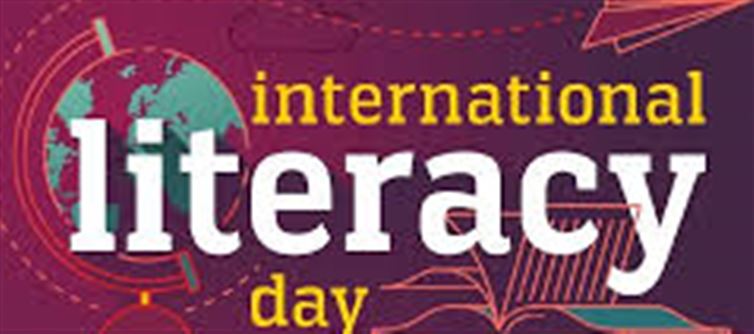
International Literacy Day, celebrated annually on September 8, is a globally recognized day dedicated to raising awareness about the importance of literacy. Literacy, the ability to read and write, is not just a fundamental human right but also a cornerstone for social, economic, and cultural development. The United Nations Educational, Scientific and Cultural Organization (UNESCO) established this observance in 1966, highlighting literacy as a key tool for empowerment and progress worldwide.
The Core Purpose of international Literacy Day
The primary objective of international Literacy Day is to promote literacy as a means of improving individual lives and fostering sustainable societies. Literacy enables people to access information, make informed decisions, and participate fully in community and civic life. For children, literacy is the foundation of education and lifelong learning, while for adults, it opens doors to employment opportunities and personal growth.
Highlighting Global Literacy Challenges
One of the reasons international Literacy Day is celebrated is to draw attention to the ongoing challenges many face in achieving literacy. According to UNESCO, over 770 million adults worldwide remain illiterate, and 60% of them are women. In many developing countries, poverty, lack of educational infrastructure, social inequality, and conflict impede access to education. By highlighting these challenges, the day encourages governments, NGOs, and communities to take proactive measures to reduce illiteracy.
Theme-Based Awareness and Advocacy
Every year, international Literacy Day adopts a specific theme to focus global attention on particular aspects of literacy. Themes may range from wallet PLATFORM' target='_blank' title='digital-Latest Updates, Photos, Videos are a click away, CLICK NOW'>digital literacy and youth literacy to literacy for sustainable development. These themes serve as a platform for campaigns, workshops, and community programs that aim to educate people, promote reading habits, and encourage governments to prioritize literacy initiatives.
Empowering Individuals and Communities
Celebrating literacy is not only about reading and writing skills; it is about empowerment. Literate individuals are more likely to enjoy better health, participate actively in governance, and contribute to the economy. Literacy reduces inequality, promotes gender equity, and strengthens social cohesion. By emphasizing these benefits, international Literacy Day reinforces the idea that literacy is essential for achieving broader development goals.
Global Collaboration and Commitment
International Literacy Day also fosters collaboration between nations, organizations, and educators. Conferences, seminars, and public events are held to share best practices, innovative teaching methods, and research findings. This collective effort helps bridge gaps in literacy education, particularly in marginalized communities, and ensures that literacy becomes a universal right rather than a privilege.
Conclusion
In essence, international Literacy Day is celebrated to recognize literacy as a fundamental human right, raise awareness about the challenges faced in education, and inspire action to promote reading and writing skills across the globe. It reminds us that literacy is a gateway to knowledge, empowerment, and sustainable development, emphasizing that every individual deserves the opportunity to learn, grow, and contribute to society.
Disclaimer:
The views and opinions expressed in this article are those of the author and do not necessarily reflect the official policy or position of any agency, organization, employer, or company. All information provided is for general informational purposes only. While every effort has been made to ensure accuracy, we make no representations or warranties of any kind, express or implied, about the completeness, reliability, or suitability of the information contained herein. Readers are advised to verify facts and seek professional advice where necessary. Any reliance placed on such information is strictly at the reader’s own risk..jpg)




 click and follow Indiaherald WhatsApp channel
click and follow Indiaherald WhatsApp channel